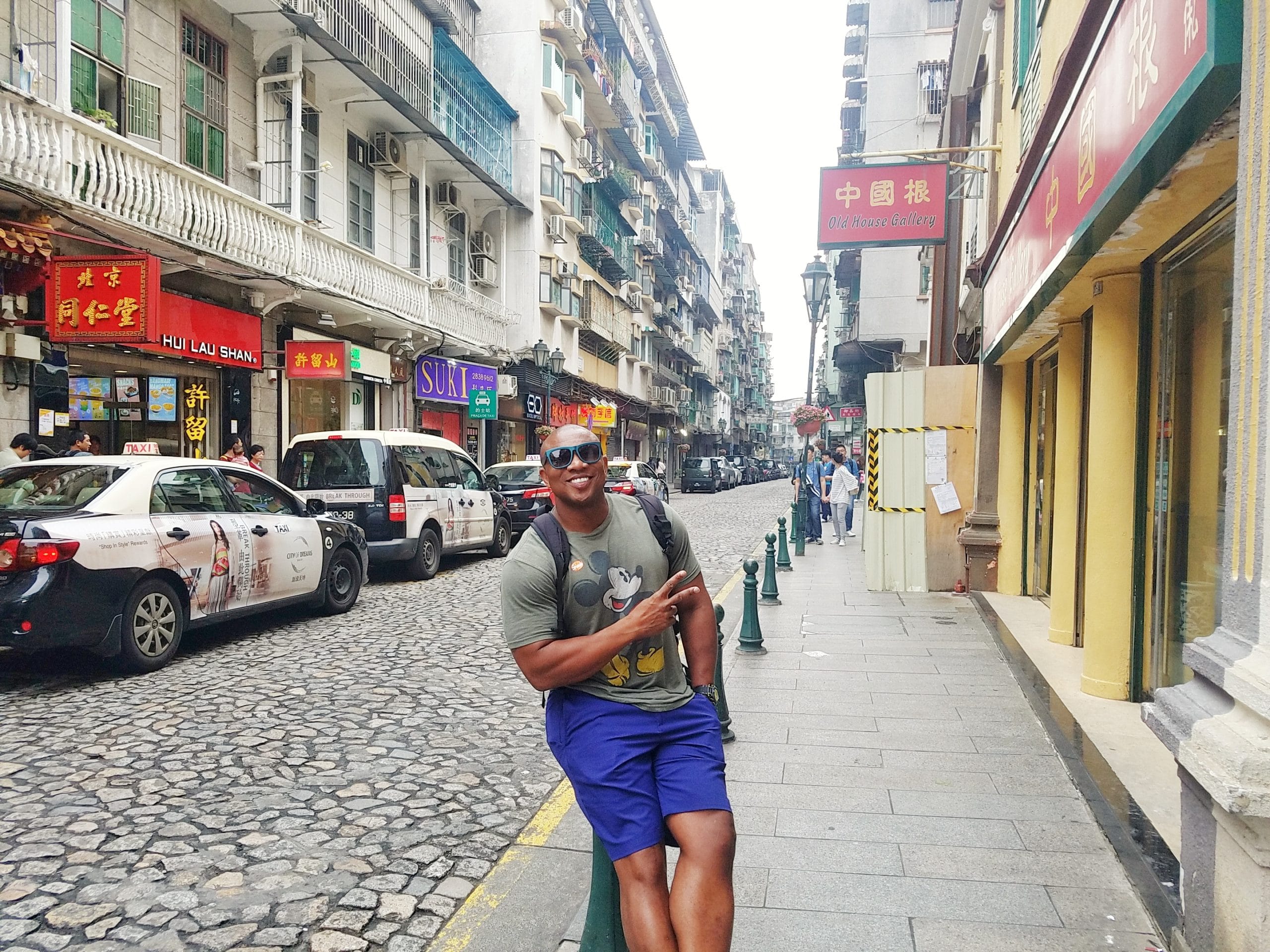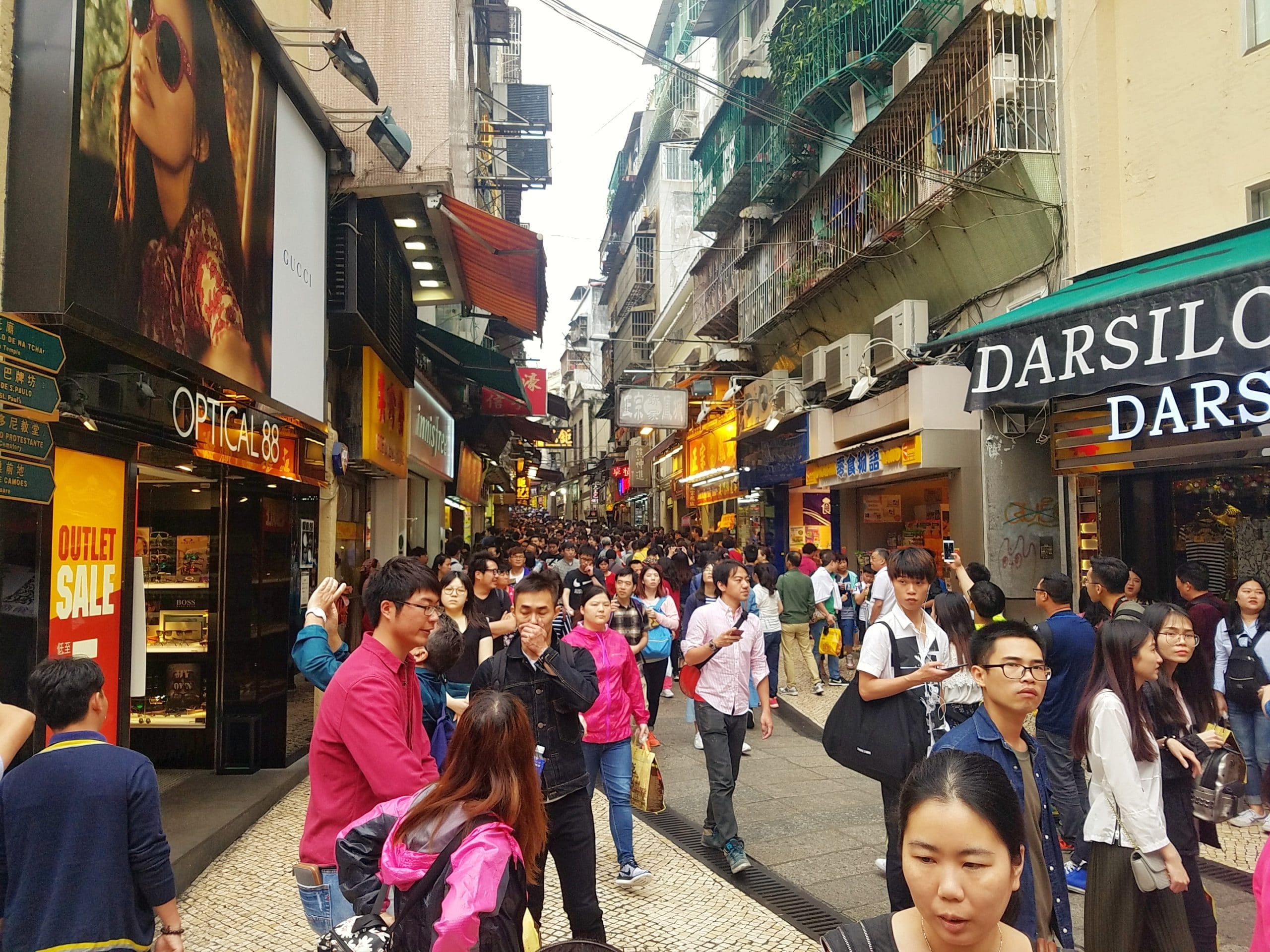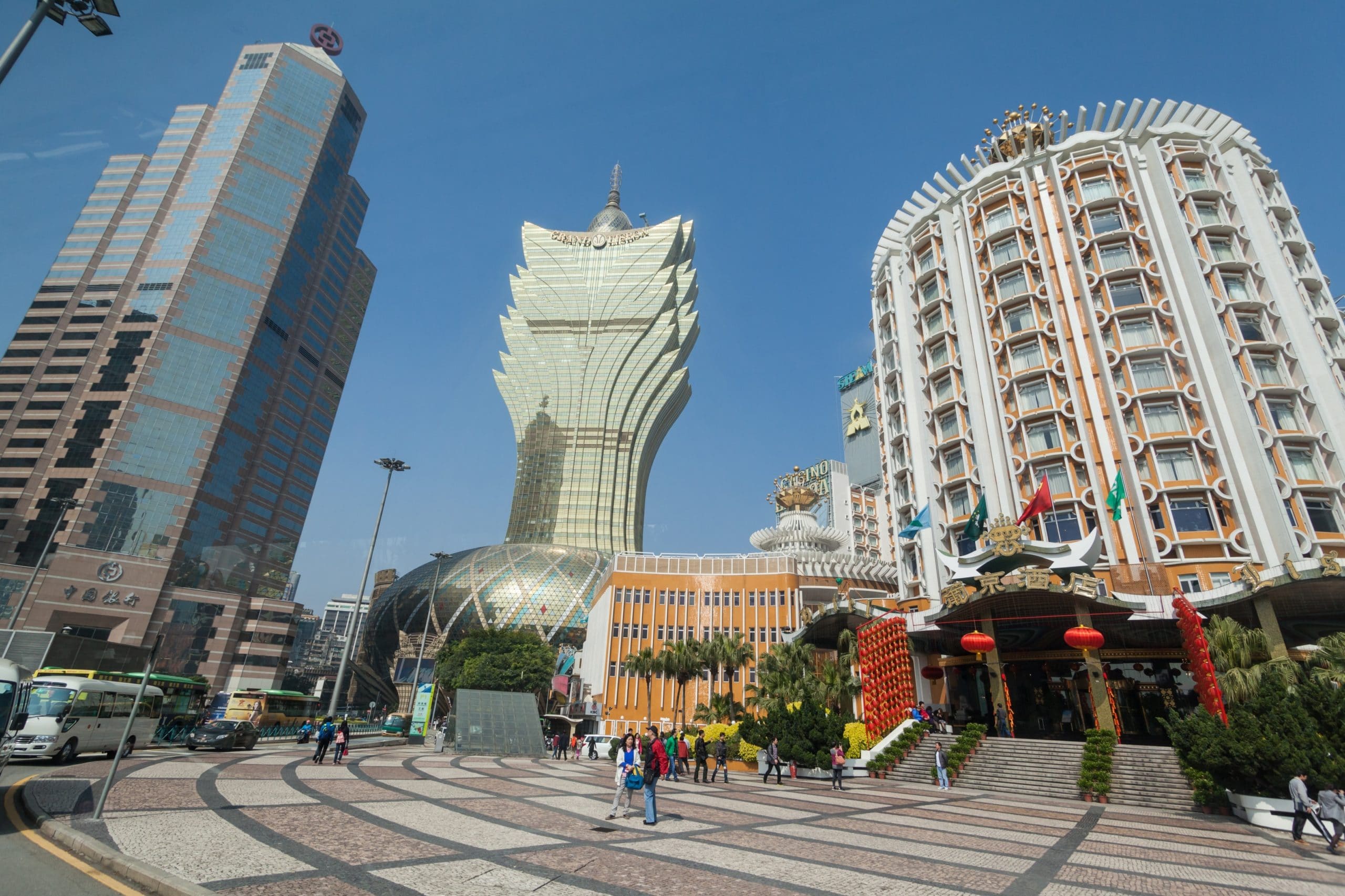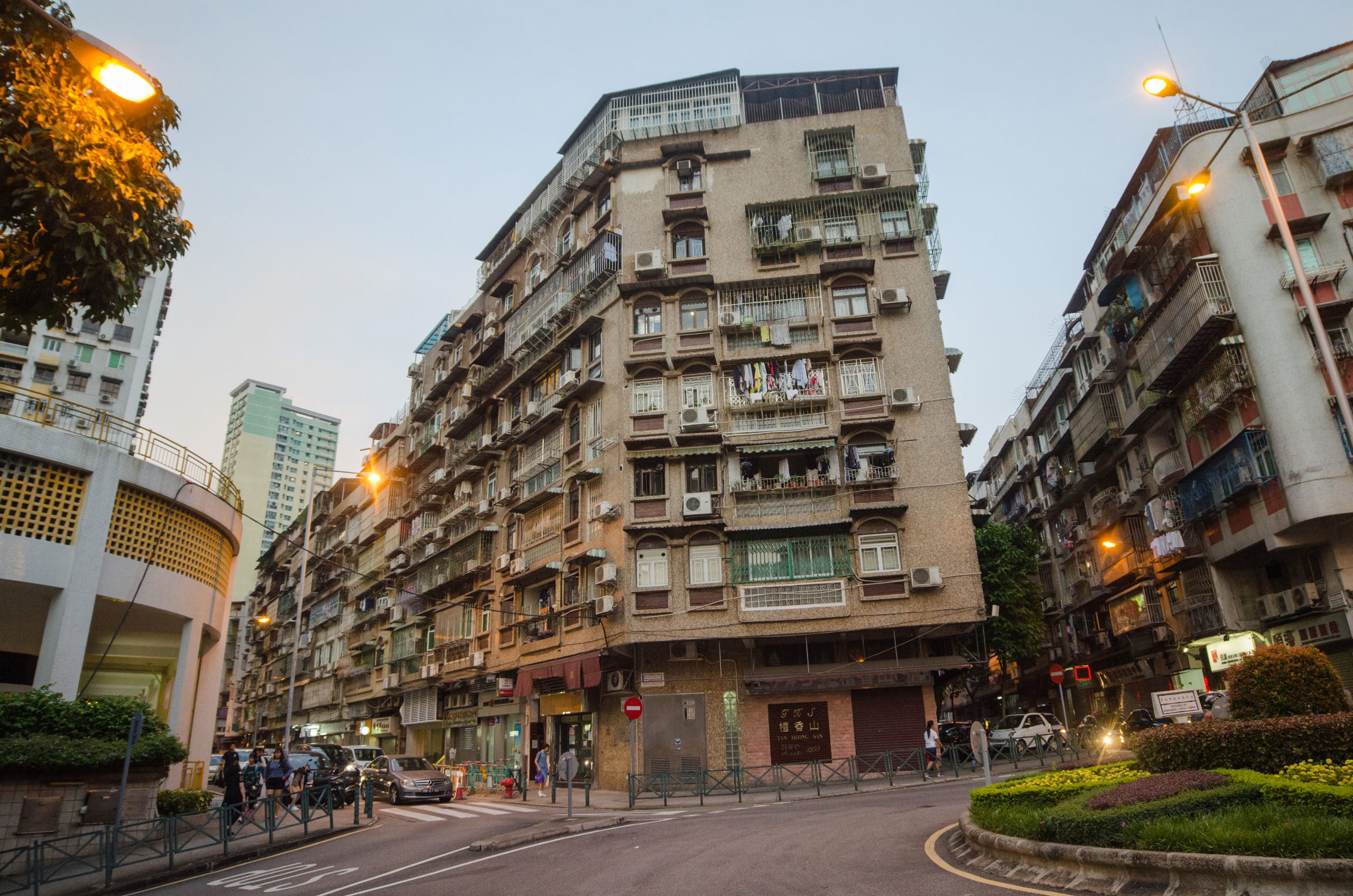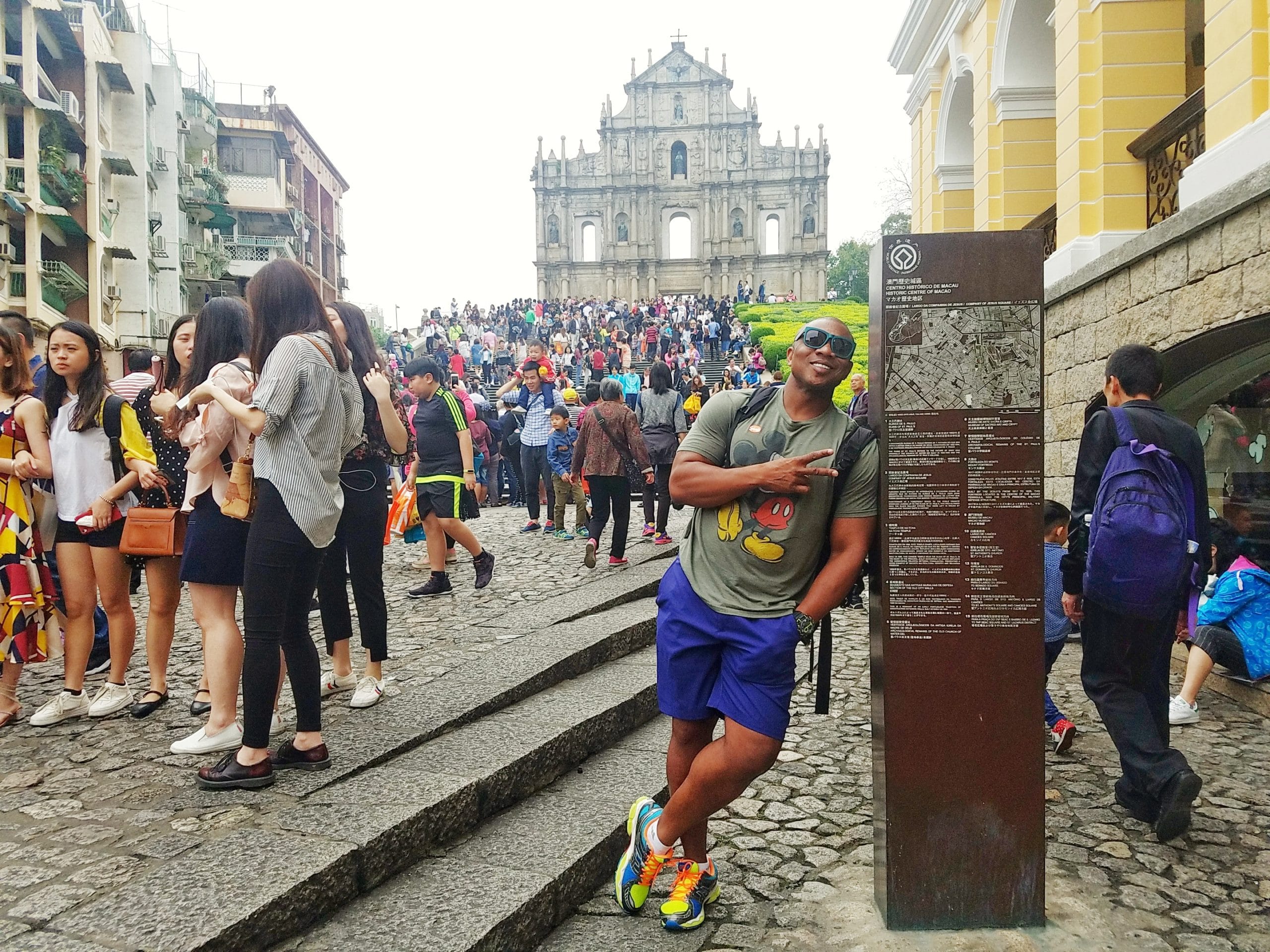Macao
Basic Information About Macao:
Macau or Macao, is a Special Administrative Region of the People’s Republic of China located on the western side of the Pearl River Delta in East Asia. Macao is bordered by the city of Zhuhai in Mainland China to the north and the Pearl River Estuary to the east and south. Macao is the most densely populated region in the world.
Macau is a formerly Portuguese colony but embodies a unique cultural identity. Portuguese traders first settled in Macau in the 1550s. In 1557, Macau was leased to Portugal from Ming China as a trading port. The Portuguese Empire administered the city under Chinese authority and sovereignty until 1887, when Macau, through an agreement between the two countries, became a colony.
Sovereignty over Macau was transferred back to China on 20 December 1999. Under the policy of “one country, two systems,” the State Council of the People’s Republic of China is responsible for military defense and foreign affairs while Macau maintains its own legal system, public security force, monetary system, customs policy, and immigration policy.
With an abundance of casinos and luxury hotels, Macao’s revenue from gaming has been the world’s largest since 2006 with the economy heavily dependent on gaming and tourism. According to The World Factbook, Macau has the fourth highest life expectancy in the world.
Population: The population of the Macao Special Administrative Region of the People’s Republic of China (also referred as Macau) is 601,448.
GDP: $ 80.8 billion (2016)
Climate: Macau has a humid subtropical climate, with an average humidity of between 75% and 95%. The annual average temperature is around 22 °C (about 72 °F). July is the warmest month, and the temperature that month averages about 28.6 °C (about 83.5 °F). Having distinctive dry and wet seasons, Macau’s weather is generally warm and foggy in spring, hot and rainy in summer, cool and clear in autumn, and cold but sunny in winter. The average annual temperature is about 20 C (72 F) and there are about 100 days with high temperatures over 30 C (86 F). 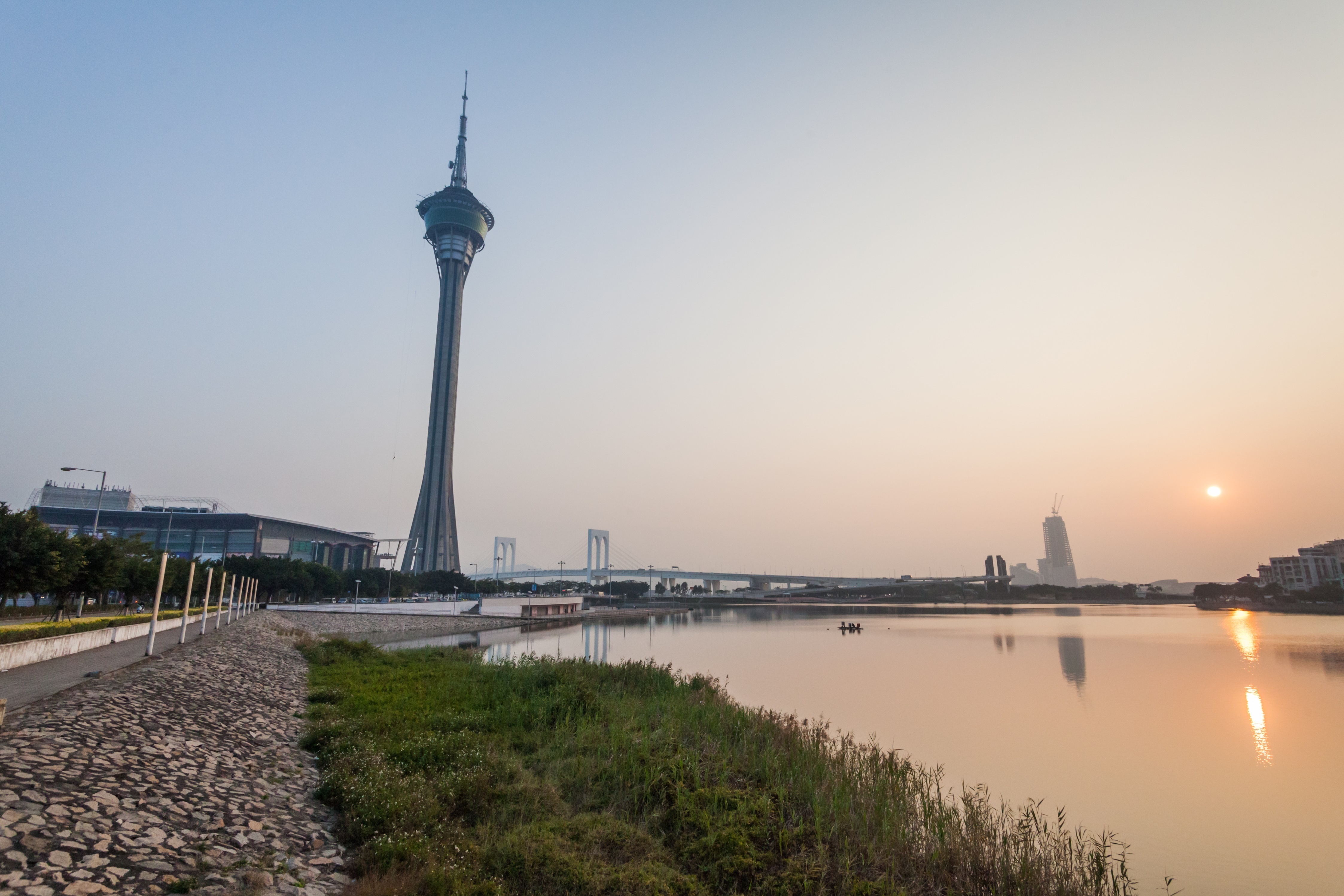
People: Macau’s population is 95% Chinese, primarily Cantonese and some Hakka, both from nearby Guangdong Province. The remainder is of Portuguese or mixed Chinese-Portuguese ancestry.
Religion: Buddhism is adhered to by some 17 to 20 percent of the population. There are minorities of Roman Catholics (7 percent), and of followers of Taoism and Confucianism (14 percent). There were also several popular Chinese spirit cults in Macau. Other religions such as Islam and Hinduism are adhered to by tiny minorities.
Capital: Macau does not have a capital. The region is approximately 12.1 square miles and is a special administrative region of China. It is located on the western side of the Pear River, across from Hong Kong.
Language: The official languages of Macau are Chinese and Portuguese.
Currency: The Macau Pataca is the currency of Macau.
Time Zone: UTC+08:00
Things to do in Macao:
- A-Ma Temple – Built on the actual site where the seafarer’s goddess appeared to the crowds, this 16th century temple consists of prayer halls, pavilions joined together to form a well ordered complex nestled on a small hill.
- Macau Tower – The Macau Tower is 338M tall and is the tallest in Macau and offers spectacular views of the city. For a fee of about $3,500 HK, visitors can bundy jump, or participate in other adrenaline rush activities at the top.
- St. Paul’s Ruins – Once the largest Catholic Church in Asia, it was destroyed by fire in 1835. One of the most popular attractions in Macao and the city’s most famous landmark.
- Senado Square – Beautiful colonial landmarks and cobblestones pavement mark the “Senado Square” of Macau, once home to key government buildings of the Portuguese ad now embodies the vibrancy f present day Macau.
- Visit the Casinos – Macau is known as the Monte Carlo and the Las Vegas of the East. Visit some of the casinos for some excitement and to try your luck.

